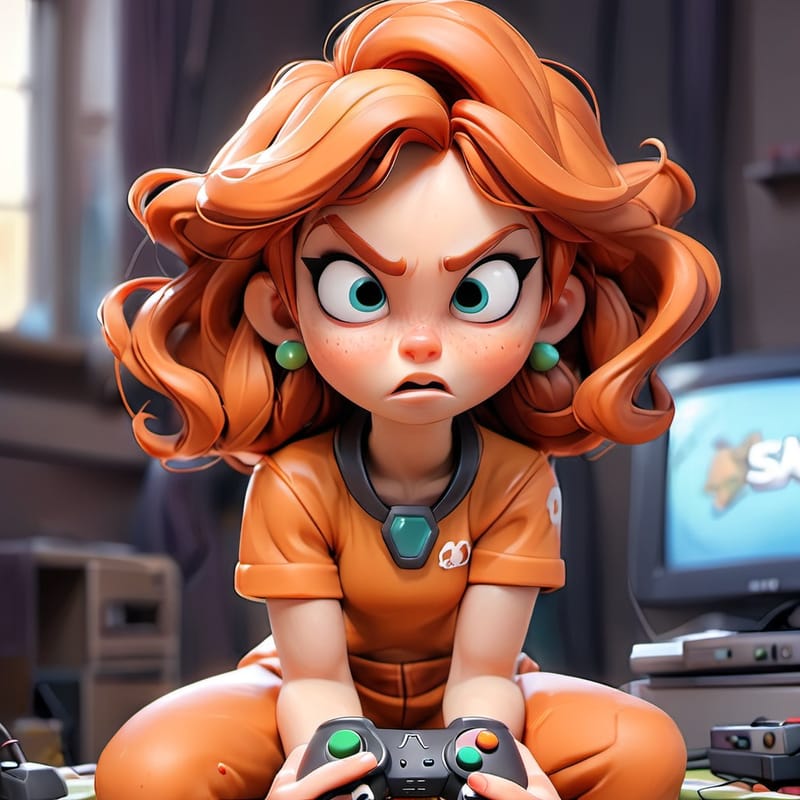● Gaming & Crypto ●

They say im All-in, I SAY: "GO - NUCLEAR"
Gaming and crypto have become increasingly intertwined with the rise of blockchain-based games, play-to-earn (P2E) models, and the integration of cryptocurrencies as in-game currency. Here are a few key ways they're connected:### 1. Play-to-Earn (P2E) Games — In P2E games, players can earn real cryptocurrency by playing, competing in in-game tasks, or winning challenges. These games usually run on blockchain technology, where rewards are stored as NFTs or tokens. Popular games like Axie Infinity and Decentraland allow players to earn money while they play, creating a new economy around gaming. ### 2. NFTs (Non-Fungible Tokens) in Gaming — NFTs have made their way into gaming as in-game items or assets. These can be anything from skins, characters, weapons, or land in virtual worlds. Because NFTs are unique and tradable, players can own their items in a decentralized manner, and they have real-world value. For instance, players might buy and sell rare NFTs in games like The Sandbox or CryptoKitties. ### 3. In-Game Currency: Many blockchain-based games use their own cryptocurrencies or tokens as the main in-game currency. These tokens can be traded or cashed out on crypto exchanges. The value of these currencies can fluctuate, making them a potentially profitable venture for skilled players or investors. ### 4. Decentralized Virtual Worlds — Some games have built entire virtual economies where land, properties, and other assets are bought and sold as NFTs. Decentraland and The Sandbox are prime examples where players can buy virtual land, create experiences, and sell them for a profit, all with cryptocurrency. ### 5. Blockchain for Game Development — Blockchain technology offers transparency and security, allowing for verifiable ownership of in-game assets. Developers are increasingly using blockchain to create decentralized games where players truly own their assets, rather than just renting them from the game server. ### 6. Staking and Yield Farming - Some crypto platforms allow users to stake their gaming tokens and earn rewards over time, adding another layer to the play-to-earn ecosystem. ### Potential Benefits:- Ownership: Players own their assets in a way that traditional games don't offer. - Earning Potential: Players can potentially make real money, either by earning tokens or by trading NFTs. - True Scarcity: Because of the blockchain, digital assets in these games can have true rarity, adding value. ### Challenges:- Volatility: The value of in-game tokens can be unstable, which makes it a risky investment. - Regulation: Since crypto and NFTs are still relatively new, there may be future regulatory concerns in various countries. - Environmental Impact: Some blockchain technologies, especially those using proof-of-work, can be energy-intensive. Do you play any blockchain games, or are you curious about getting into space?

●
Games linked to Orange Paola World are on their way, where players will be able to earn and buy their game levels and keep the coin stable in price fluctuation. This example will be followed with the selling of our products as well as coins bought!